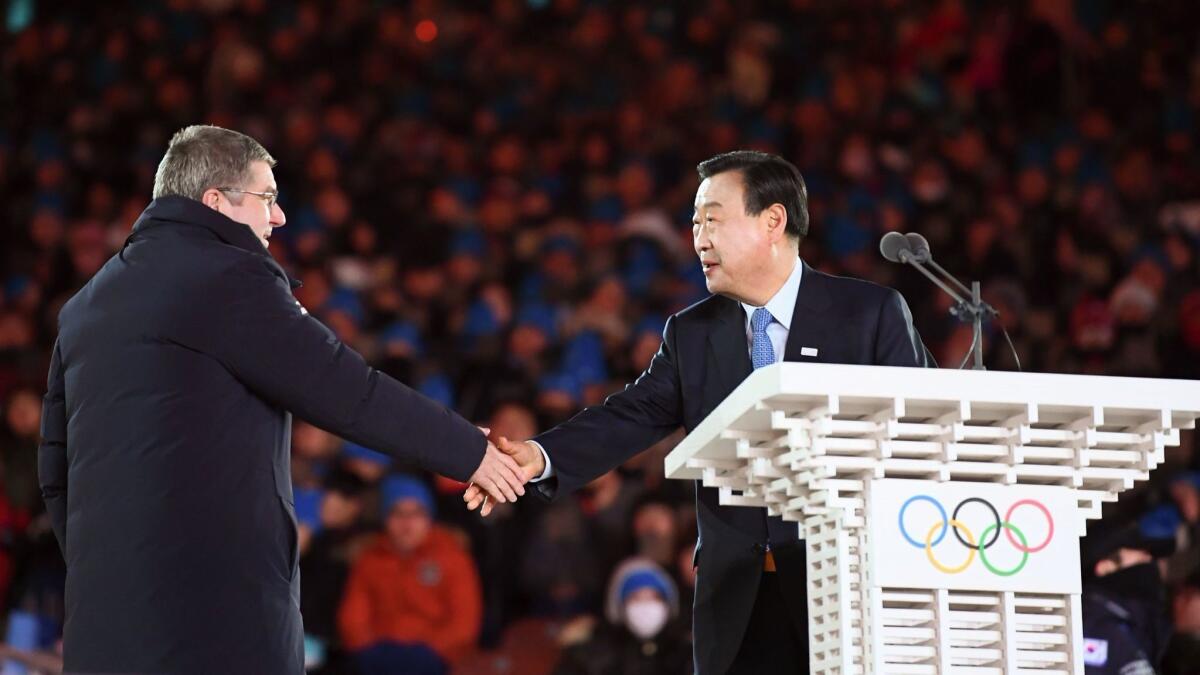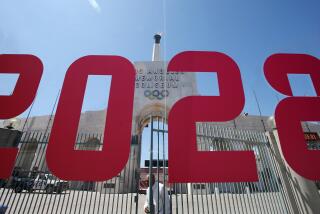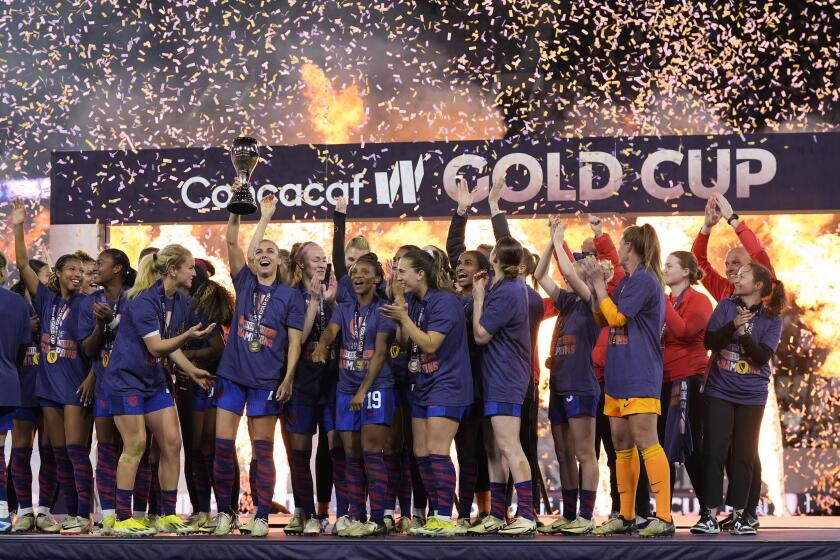Reports give conflicting financial pictures of the 2018 Winter Olympics

The organizers of the 2018 Winter Olympics have claimed that, in the final accounting, they generated a surplus of at least $55 million from the February sporting event.
At an International Olympic Committee session in Buenos Aires, Pyeongchang 2018 officials said they had reached $2.245 billion in revenue against $2.190 billion in costs.
“It is a great honor to be a part of an Olympic Winter Games that will not only be remembered as an economic success, but also a historical sporting event that brought the two Koreas together and contributed to world peace,” said Lee Hee-beom, president of the organizing committee.
This rosy picture runs counter to earlier reports that the South Korean province where the Games took place has been left with “massive” debt.
Gangwon Province has struggled to maintain venues such as the hockey arena, speedskating rink and sliding center that have sat empty for months, according to Korean news accounts. Local officials had reportedly asked the central government to assume upkeep costs but had been denied.
In their presentation to the IOC, organizers insisted they had cut costs by downsizing their broadcast facilities and moving the press center to an existing structure. It also helped that 30,000 accredited seats were returned to the organizing committee for public sale.
Any surplus generated by the Games is usually divided among organizers, the IOC and the national Olympic committee in the host country.
IOC President Thomas Bach said his organization will donate its share of the proceeds “for the benefit of sport in Korea.”
Costs remain a concern with the Olympics moving to Tokyo in the summer of 2020 and Beijing in the winter of 2022.
In Los Angeles, which will host the 2028 Summer Games, organizers have insisted they can balance the budget by making use of an array of existing venues such as the Coliseum, Staples Center and Pauley Pavilion.
Follow @LAtimesWharton on Twitter
More to Read
Go beyond the scoreboard
Get the latest on L.A.'s teams in the daily Sports Report newsletter.
You may occasionally receive promotional content from the Los Angeles Times.







